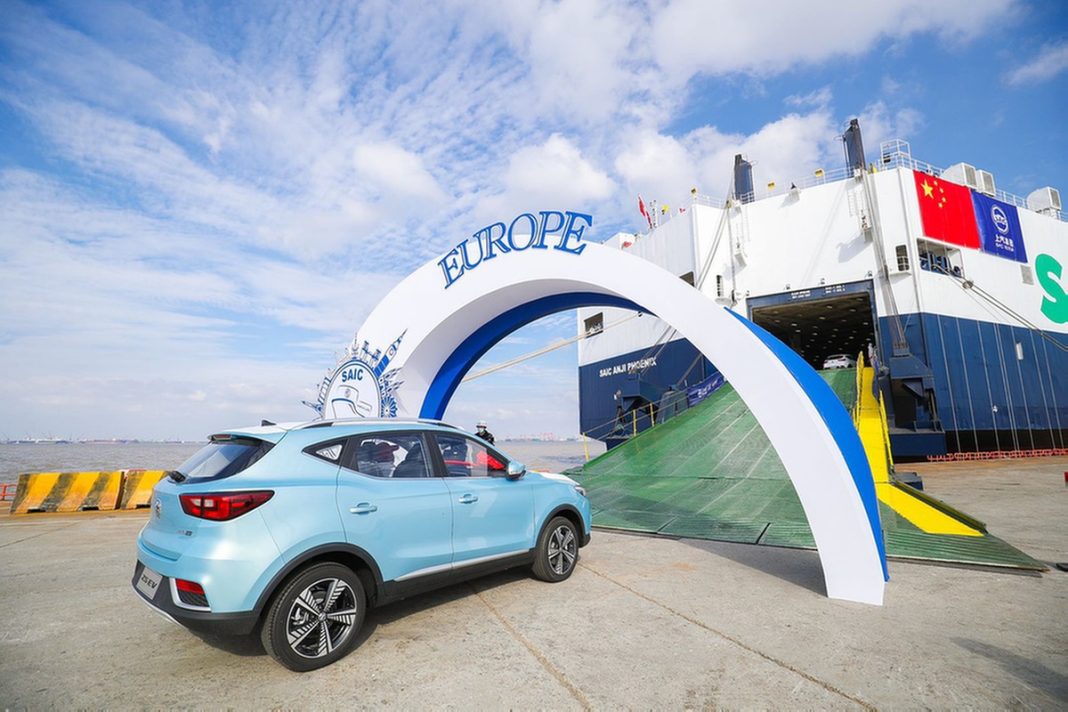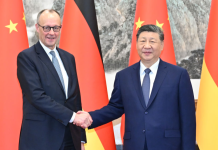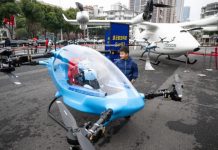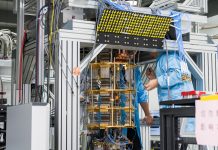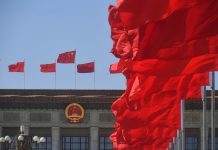BEIJING: China does not acknowledge or accept the European Union’s final ruling to impose additional tariffs on electric vehicles manufactured in the Chinese market, the Ministry of Commerce said on Wednesday, vowing to take all necessary measures to protect the interests of companies.
The European Commission, the EU’s executive arm, announced on Tuesday the conclusion of its anti-subsidy investigation, resulting in the imposition of definitive countervailing duties on EVs produced in China. The measures will expire at the end of a five-year period unless an expiration review is initiated before that date, the commission said in a news release. In response, China has filed a complaint under the World Trade Organization’s dispute settlement mechanism.
China has repeatedly pointed out that the EU’s anti-subsidy investigation into EVs manufactured in China is irrational and fraught with numerous noncompliance issues, and is a protectionist move under the guise of “fair competition”, the Ministry of Commerce said in an online statement. Noting that the EU is still willing to continue talks on price commitments for Chinese-made EVs, the ministry said that China always advocates the resolution of trade disputes through dialogue and consultation.
The EU’s new tariffs will range from 7.8 percent for the Chinese output of United States EV maker Tesla Inc, to 18.8 percent for Zhejiang Geely Holding Group, and up to 35.3 percent for Shanghai-based carmaker SAIC Motor Corp, in addition to the EU’s existing 10 percent duty on imported cars.
Other Chinese EV manufacturers face an average tariff of 20.7 percent, with rates reaching up to 35.3 percent for those classified as “noncooperative”. SAIC Motor expressed disappointment on Wednesday with the decision and said that it plans to pursue necessary legal action by filing a lawsuit with the Court of Justice of the European Union to ensure its legitimate rights and interests.
The Chinese automaker said that it is implementing a series of measures to strengthen its resilience against the EU’s trade barriers. These tariffs on Chinese, European and US EV producers operating in China neither enhance the EU’s resilience in EV manufacturing nor promote innovation or job creation. Instead, they represent a politically motivated approach, the Brussels-based China Chamber of Commerce to the EU said on Wednesday. –The Daily Mail-China Daily news exchange item

